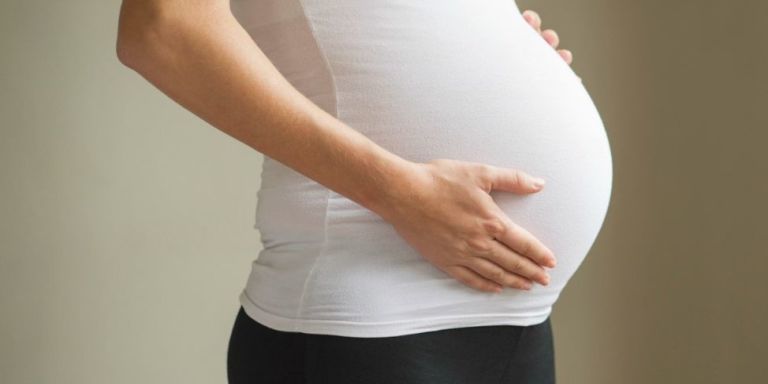According to the Economic Survey for 2017-18 tabled in the Parliament last month, child and maternal malnutrition continues to be the most challenging risk factor for health loss in India. The Survey noted however that there has been significant improvement in the health status of the individual as life expectancy at birth has increased by approximately 10 years from 1990 to 2015.
Along with increasing health budgets and improving delivery of public health services, the government’s commitment of health has focused on nutritional interventions. One important new initiative in this regard was the Pradhan Mantri Matritva Vandana Yojana (PMMVY) which provides Rs 5000 cash benefit to pregnant and lactating women (PLW). Maternity entitlements serve multiple purposes including enabling women to exclusively breastfeed, which is an important nutritional input for young children. The Survey said the government has also approved setting up of National Nutrition Mission (NNM) commencing this fiscal which will monitor, supervise, fix targets and guide the nutrition related interventions across ministries. It said the programme will strive to reduce the level of stunting, under-nutrition, anaemia and low birth weight babies. It will create synergy, ensure better monitoring, issue alerts for timely action to achieve the targeted goals.
As per reports, it is estimated that 150 mothers and 3,500 children under the age of 5 who die each day in India from pregnancy complications or early childhood disease. Such grim statistics are due, in part, to a lack of accessibility to basic health information.
mMitra, a free voice messaging service delivers health messages, including expert advice and preventative care information tailored to a mother’s stage of pregnancy or a child’s development. This program is run in partnership with the Mobile Alliance for Maternal Action, ARMMAN, and the U.S. Agency for International Development, the United Nations Foundation and BabyCenter. Since most women throughout India have access to a mobile phone, women could get free calls and texts in their dialect providing expert health and preventative care information tailored to a mother’s stage of pregnancy or a child’s development.
While the women rely on information which is based on the age old practices, it is essential for them to start understanding the new age challenges and take an informed decision throughout the journey of pregnancy. mMitra plans to enroll 2.2 million women in ten major tier I and tier II cities and spreading across rural India in the next five years.
Tata Power is empowering underprivileged women and girls through the ‘#PowerHerUp’ campaign. So far more than 170 families across the nation are claimed to have benefitted from the initiative.
The objective is to mobilise public at large to help women and girls unleash their potential and sensitise them about the facility of availing benefits of various government schemes/initiatives. Digitally driven, it is encouraging health awareness for pregnant women and sessions on personal hygiene amongst others.
Thank you for reading the story until the very end. We appreciate the time you have given us. In addition, your thoughts and inputs will genuinely make a difference to us. Please do drop in a line and help us do better.
Regards,
The CSR Journal Team
Subscribe


